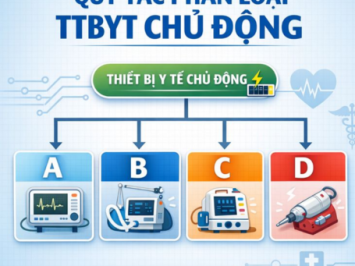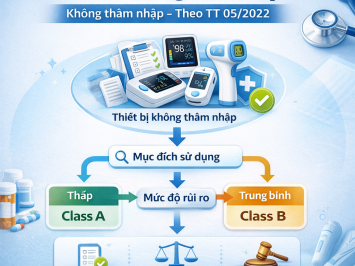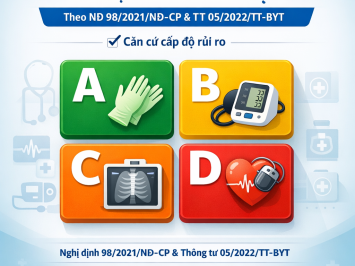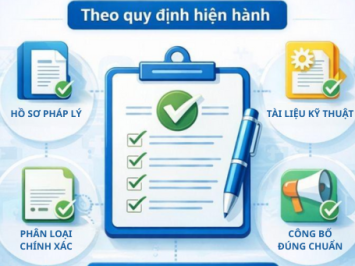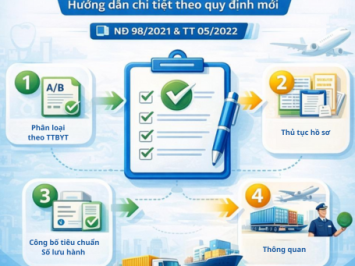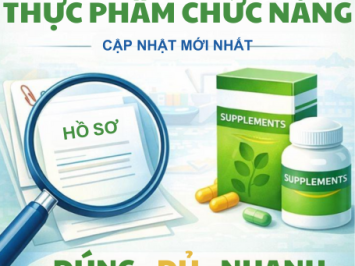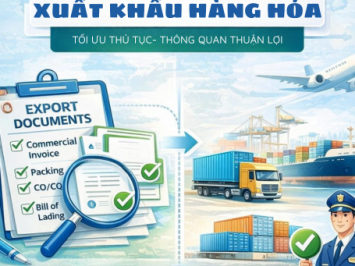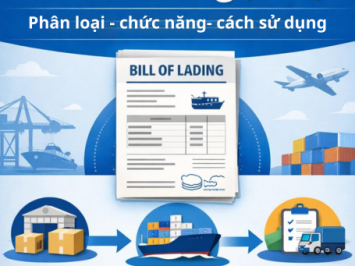Exporting agricultural products is no longer a "game" of cheap prices or easy markets. As technical barriers become more and more stringent, the proactive adaptation from planting areas to processing, logistics... is a vital condition for Vietnamese agricultural products to firmly stand on the global stage.
The requirements of the markets are increasing
According to the Vietnam Fruit and Vegetable Association (VINAFRUIT), the export turnover of vegetables and fruits in May 2025 is estimated at 496 million USD. Accumulated in the first 5 months of 2025, it is estimated that vegetable and fruit exports will reach 2.1 billion USD, down 17.8% over the same period in 2024. China is still Vietnam's largest import market for fruits and vegetables, but it is also the place that recorded the deepest decline. In the first 4 months of the year, turnover to China reached 777 million USD, down 33%.
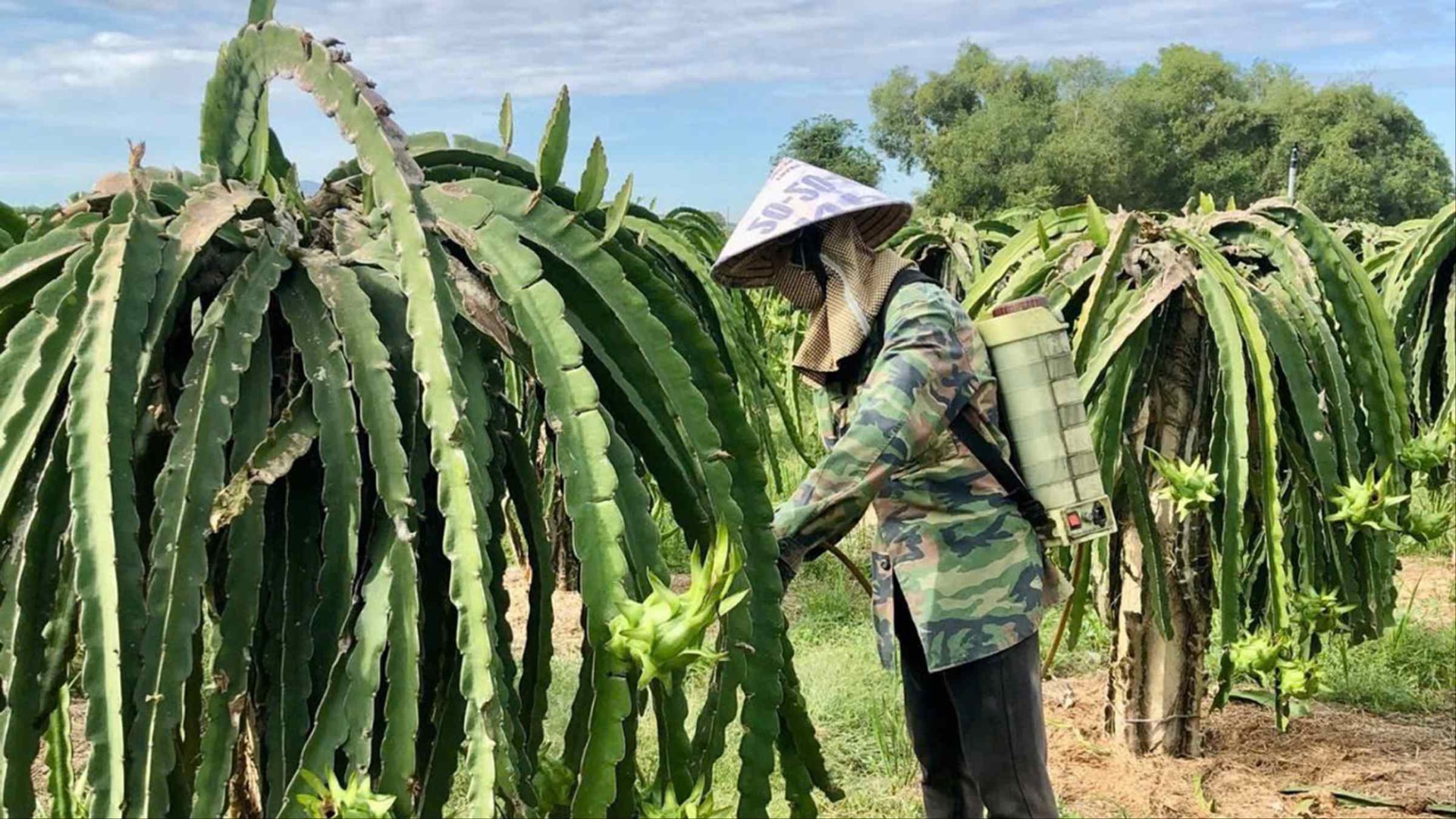
Professional chain production to conquer fastidious markets. Photo: M.H
Mr. Dang Phuc Nguyen - General Secretary of VINAFRUIT said that the decline in fruit and vegetable exports mainly came from durian exports that had not been achieved as expected. Accordingly, from the end of 2024 to now, the Chinese market requires 100% of durian shipments originating from Vietnam to have a test certificate for no residues of cadmium and O gold (2 substances that can cause cancer) before being cleared.
Talking about this issue, Mr. Ngo Xuan Nam - Deputy Director of SPS Vietnam Office (Ministry of Agriculture and Environment) said that the Chinese market has continuously changed the frequency of inspection, improved chemical residue standards and additional requirements for labels, planting area codes, packaging facility codes, etc. Indonesia has also just notified the WTO of an integrated quarantine model, setting a new standard for imported goods. Japan, the EU or Arab countries also regularly change regulations on pesticide residues.
Moreover, according to the Department of Crop Cultivation and Plant Protection (Ministry of Agriculture and Environment), the EU has just issued a written proposal to send an inspection team to Vietnam this June to inspect and evaluate measures to control pesticides in plant-based foods exported to this region.
Mr. Nam warned that in the past, Vietnamese enterprises often prioritized exporting to markets that were considered "easy" and had few technical barriers. However, in the trend of globalization, countries, including ASEAN or the Middle East, have established and improved SPS measures, from pesticide residues to traceability... "If enterprises do not actively grasp and comply with international regulations, the risk of being excluded from the supply chain is very great" - Mr. Nam emphasized and said that in order to support enterprises to implement effectively, in 2025, SPS Vietnam Office will coordinate with the Department of Digital Transformation (Ministry of Agriculture and Environment) to deploy the National Portal on SPS, promptly update the SPS measures of WTO members, guide the declaration of dossiers in accordance with standards and provide easy-to-understand documents for each group of subjects. This is a technical platform for enterprises, cooperatives and producers to promptly update SPS requirements and proactively adapt.
In addition, SPS Vietnam Office also coordinates with localities, industry organizations and press agencies to implement many large-scale communication programs. Training classes are held right in the planting and farming areas to help cooperatives and enterprises understand and apply the regulations.
Standardization and professional chain production
Vietnam has been exporting agricultural and food products to 200 countries and territories. Therefore, enterprises must proactively build linkage chains and organize production to meet the requirements of SPS measures according to each market. Logistics is considered the lifeblood of the economy, especially for a country that exports tens of billions of dollars of agricultural products per year like Vietnam. However, the current logistics center system in Vietnam has not met the core requirements such as standard cold storage, traceability and high delivery speed.
According to Ms. Dang Hong Nhung (Import and Export Department - Ministry of Industry and Trade), there are currently 69 logistics centers in the country, an increase of nearly 10 times compared to the period 2007-2012. However, uneven distribution and lack of regional linkage make many centers operate sporadically, not taking advantage of scale. Key production areas such as the Mekong Delta, the Central Highlands, etc., where most of the vegetables and seafood are supplied, still lack specialized storage and distribution facilities.
This reality forces many export enterprises to divide their operations, hire temporary services or invest in individual cold storage, causing costs to increase and delivery times to last.
"Vietnam is a large agricultural country, but it still lacks a proportionate logistics system. Without specialized centers, synchronous connections and technology integration, it is very difficult to maintain export growth in the coming years," Ms. Nhung said.
In order for the agricultural products industry in general and the fruit and vegetable industry in particular to gain a firm foothold in the markets, Mr. Le Quoc Thanh - Director of the National Agricultural Extension Center said that the agricultural products and vegetables industry needs a fundamental and comprehensive change with the strong participation of both the public and private sectors. In particular, it is necessary to promote production along the value chain, with the participation of enterprises, cooperatives, farmers and management agencies; strengthen quality control from planting area to packaging, processing, and implement programs to monitor agricultural chemical residues... In other words, Vietnamese agricultural products and fruits and vegetables must be produced in a professional chain.
Mr. Ngo Xuan Nam - Deputy Director of SPS Vietnam Office (Ministry of Agriculture and Environment):

Agricultural exports are forced to transform themselves to adapt to animal and plant quarantine measures from importing countries. Each market, product and industry has its own SPS measures. Even each customer, each supermarket has its own standards and regulations. Enterprises that want to go "long distance" need to actively standardize production areas, actively digitize to make the production process transparent and actively build product brands through quality.






